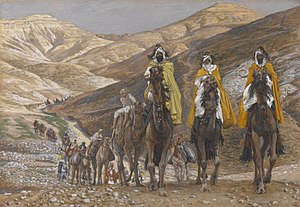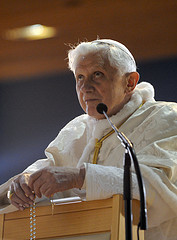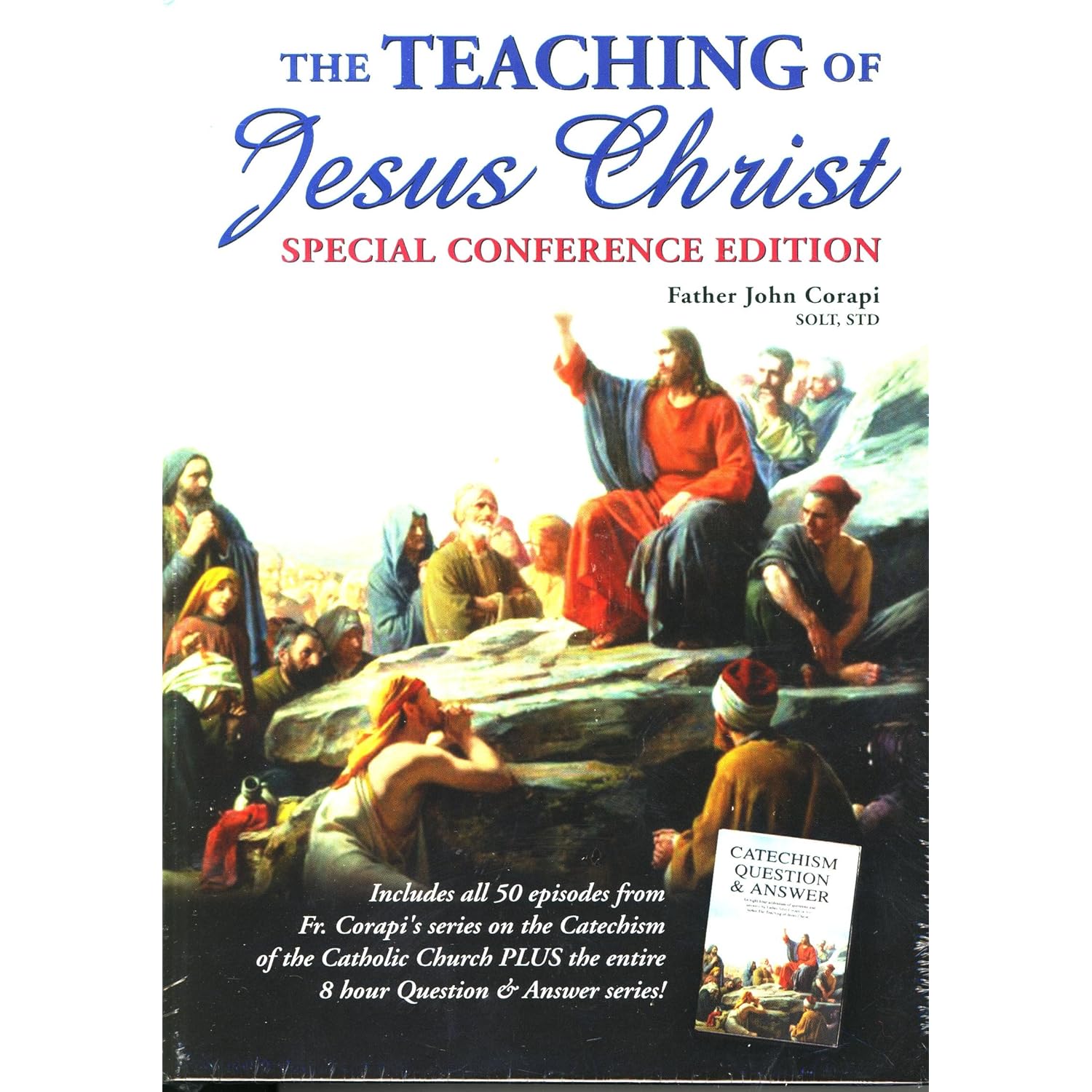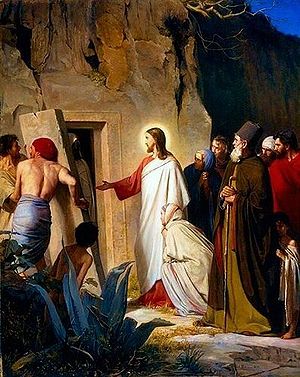Do you ask for holiness? Seriously, how many times do you pray and ask God to make you holier? I don’t know about you, but I don’t ask nearly enough. My prayers usually revolve around asking God for other things like, “help so-and-so with an illness,” “help so-and-so with his job,” “give me the strength to be a good person,” etc. But it never really occurs to me to ask for more holiness. And yet, being holy should be at the top of our list of things to ask from God when we pray since it is the root of all good things.

Holiness isn’t something reserved exclusively for Jesus, the saints, priests and nuns. And yet we often think that because we don’t receive the Sacrament of Holy Orders, we don’t have a calling to be holy. We often set a high bar for priests to always do the right thing and never sin. And yet we don’t apply those same standards to ourselves. We sometimes rationalize that because we aren’t a priest or nun, it’s ok to commit “little” sins, avoid praying, and not follow Church doctrine. However, God calls everyone to lead a holy life regardless of vocation.
At its core, holiness is the recognition that God has set us apart from the rest of His creation for a special purpose. We are called to imitate God for He is good. Hence, we are meant to be good. We must understand that holiness is a cause, not an effect. It is the root from which all good things flow. For example, someone is not holy because he does works of charity. He does works of charity because he is holy. Notice that holiness is the cause and good works are the effect. Someone is not holy because she prays. She prays because she is holy. Think of holiness as the seed God plants in all of us that enables us to live according to His will. Without that seed, true good cannot flourish since we do not have that recognition of God in our life.
There are many mysteries of the rosary that refer to our call to live holy lives. Think about the Third Luminous Mystery — The Proclamation of the Kingdom of Heaven and Jesus’ Call for Conversion. Being holy means aligning our souls to be more in line with how God calls us. And that is exactly what Jesus asks of us in this mystery — convert those aspects of your life that are not aligned with God to become more aligned with Him. In other words, Jesus calls us to become holier. This is challenging because how many people like to examine their lives, see what is wrong with it, and then resolve to change it? Most of us would rather just continue living assuming we are holy enough and being any more holy would just cramp our lifestyle. Being holy means that you also acknowledge that there is more you can do to imitate God’s ways. When we pray the rosary, challenge yourself to examine those aspects of your life where you are not as holy as you could be and then ask God for more holiness. I’m sure God will be more than happy to grant more holiness to those who sincerely ask for it.
If you still think holiness is not important, consider this study. The Barna Group conducted a survey of church-going Christians. Of those surveyed, 46% said that their lives were largely unchanged from going to church. Furthermore, the study showed that Catholics felt less positive effects from Mass than Protestants. This study points to what I said in a previous article — Mass is becoming more of a social gathering rather than an opportunity to connect with God (aka, become holier). There is saying about exercise and athletics — You only get as much out of it as you put into it. The same goes with Mass and prayer. Do so many people get so little from their Mass experience because they aren’t putting much prayer into it? Do they come to Mass with the intention of asking God for more holiness and how they can convert to live as God calls them? Or do people put more thought into what they will eat after Mass is over?
Remember, holiness is the root of a spiritually healthy life. Without holiness, truly good things cannot flourish. And it will take more than a handful of holy priests, nuns, and saints for goodness to spread across this world. It takes each and every one of us trying to be as holy as possible. So the next time you pray and ask God to hear your intentions, make it a point to ask Him for the will and strength to be holier.
Did you find this article interesting? Support RosaryMeds by buying my book. Available now on Amazon.
Related articles
- Do you Pray with Purpose? (rosarymeds.com)
- Do Not Make Prayer Your New Year’s Resolution (rosarymeds.com)
- Make Us Holy (thedistinctdot.com)
- Mary TV Daily Reflection 11/16/2011 (deaconjohnspace.wordpress.com)
- The Rosary for the Rest of Us (rosarymeds.com)











 The bishops’ words remind me of the Second Joyful Mystery of the rosary. Remember, in the Bible immediately after the
The bishops’ words remind me of the Second Joyful Mystery of the rosary. Remember, in the Bible immediately after the 







